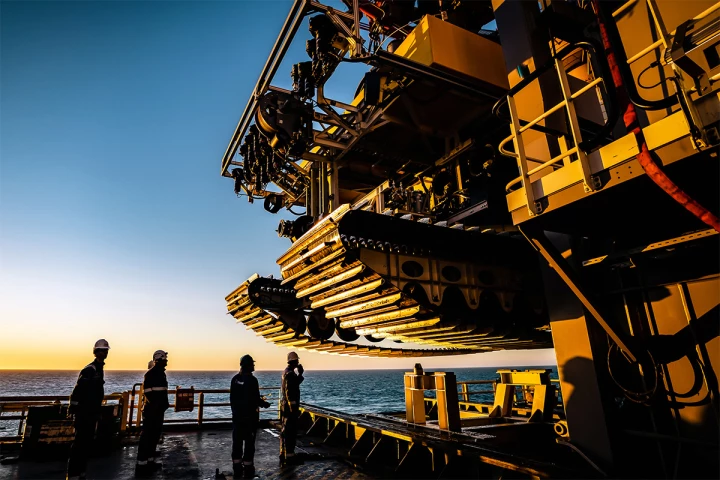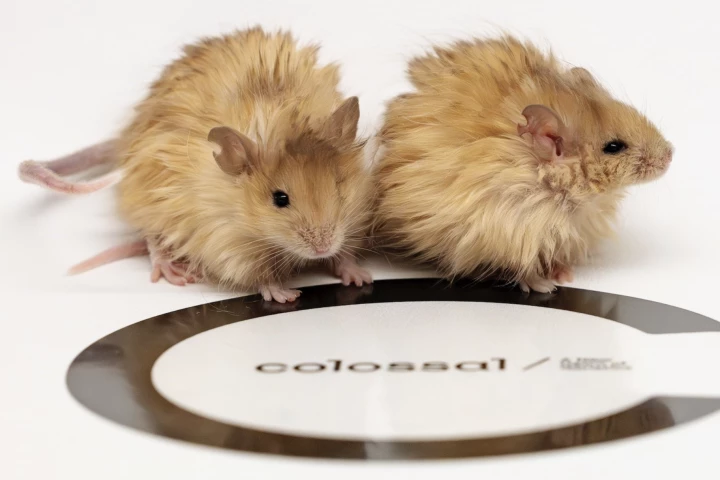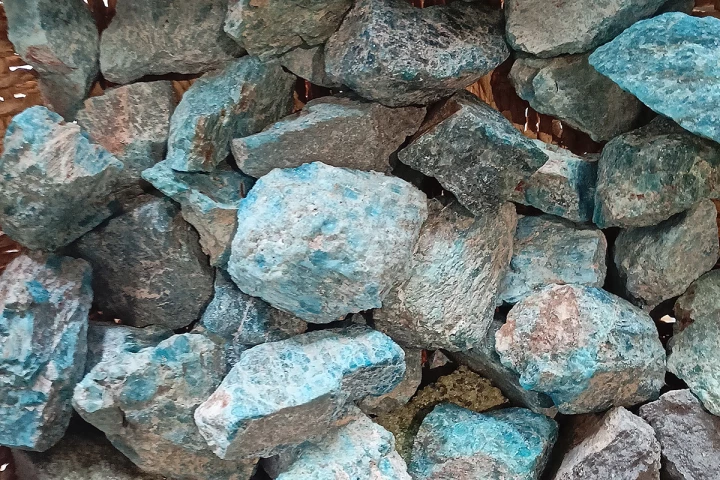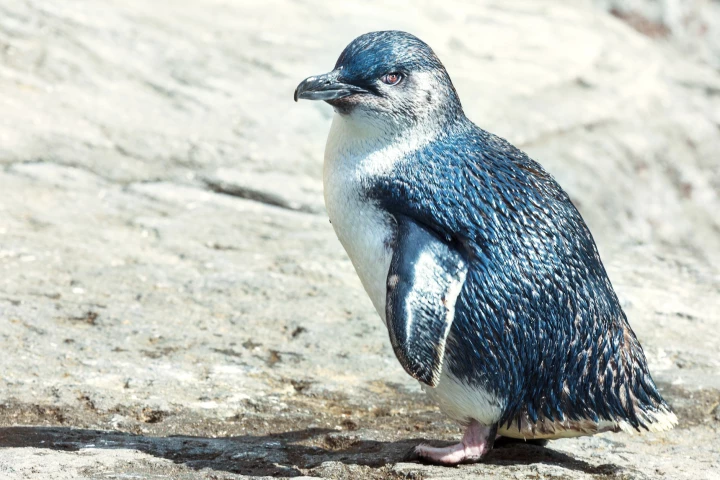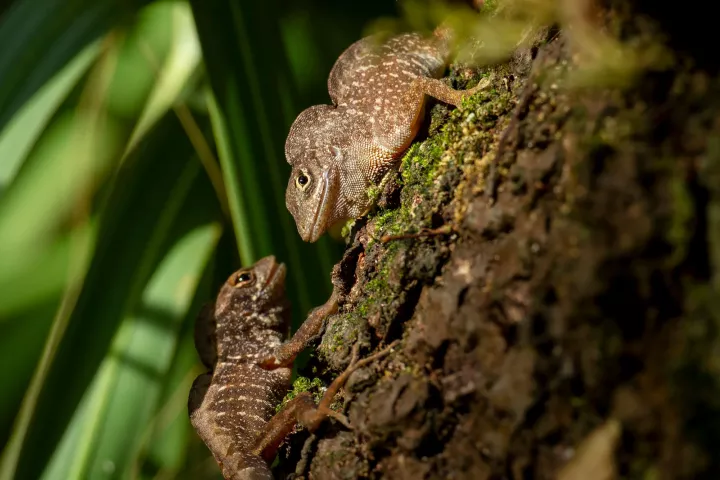Environment
-
More than a third of large animals that feast on dead animals are struggling to survive, and a new report from scientists warns that their downfall could present a serious risk to human life, with an uptick in zoonotic disease spread as a result.
-
There are plenty of ways to suck water out of the air, whether you need a little or a lot. MIT researchers may have just hit upon one of the best ways to do it, with a new device that doesn't need power, or even a filter, to deliver drinking water.
-
A new study published in the journal Evolution is challenging the prevailing belief that evolution is a one-way process. The findings suggest some species of fern can evolve backward, reverting to a more primitive form when the environment demands it.
-
If you're releasing a robot into the aquatic environment with no intention of retrieving it, that bot had better be biodegradable. Swiss scientists have gone a step better, with a li'l robot that can be consumed by fish when its job is done.
-
Researchers at Australia's RMIT University have devised a simple and clever contraption that could make drinking water available in disaster-stricken areas, by pulling it out of thin air.
-
Remarkable research has unlocked new understanding of the mysterious ways trees communicate and share knowledge – and much like in the animal kingdom, the wisdom of age plays a key role. In fact, you may never look at a tree in the same way again.
-
Deep sea mining has been off limits because it's awfully hard, and because governments haven't yet firmed up regulations around extracting minerals offshore. That might soon change with The Metal Company's latest move – perhaps sooner than it should.
-
The quest to resurrect the woolly mammoth has taken another step forward, with the creation of the Colossal Woolly Mouse. The lab-made rodents have been genetically altered to possess key physical traits of the extinct beasts – in fur and fat, at least.
-
Stanford researchers have found a way to activate commonly found rocks so they capture CO2 out of the air at room temperature. The team believes it could be relatively inexpensive, and can easily scale to help sort our emissions problem worldwide.
-
A 13-year study of tiny penguins in Australia has dispelled the long-held myth that these seabirds mate for life, with the 'divorce rate' nearly 10 times that of the current statistics for US adults. And, not surprisingly, it all comes down to kids.
-
We often see the results of evolution, but not the process directly. Now, scientists have witnessed evolution unfolding in real time, as two similar lizard species encounter each other for the first time and quickly adapt to fill different roles.
-
Whales are not only the biggest animals on the planet, but they’re among the longest-lived, too. A new analysis reveals that right whales can live for more than 130 years, almost twice as long as previously thought.
Load More






